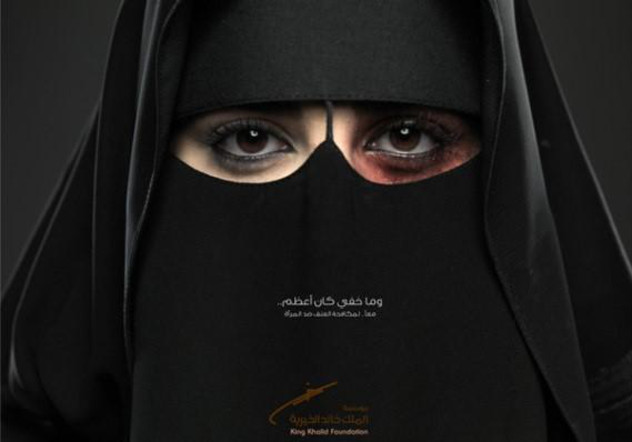The Saudi Ministry of Justice has received nearly 1,500 domestic violence cases in the last Islamic calendar year, with 480 of these cases occurring the kingdom’s Makkah region. The Riyadh region saw the second most cases, followed by Jazan and the Eastern Province. According to the Omani newspaper, al-Watan, most of the recorded incidents involved “husbands and brothers beating their wives and sisters, humiliating them, locking them inside rooms, usurping their legitimate rights, taking away salaries of wives and sisters and a neglect of children and wives.” The director of the Makkah chapter of National Society for Human Rights attributed “the increase in domestic violence to non-implementation of the law that gives family members protection against torture and physical, mental and sexual abuse.”
Although the Saudi government promulgated a draft law criminalizing domestic violence in 2013, it failed to specify an enforcement mechanism within the legislation. Prior to this law, the Saudi criminal justice system lacked codified regulations on domestic violence, allowing individual judges to interpret domestic violence cases as they saw fit. Still, the guardianship system for Saudi women, the kafala system for migrant workers, and the use of the ‘uquq charge of parental disobedience all continue to hinder of the ability of women and girls to pursue legal redress for domestic violence in Saudi Arabia.
Margaret Bailey is an Advocacy Intern at ADHRB.





